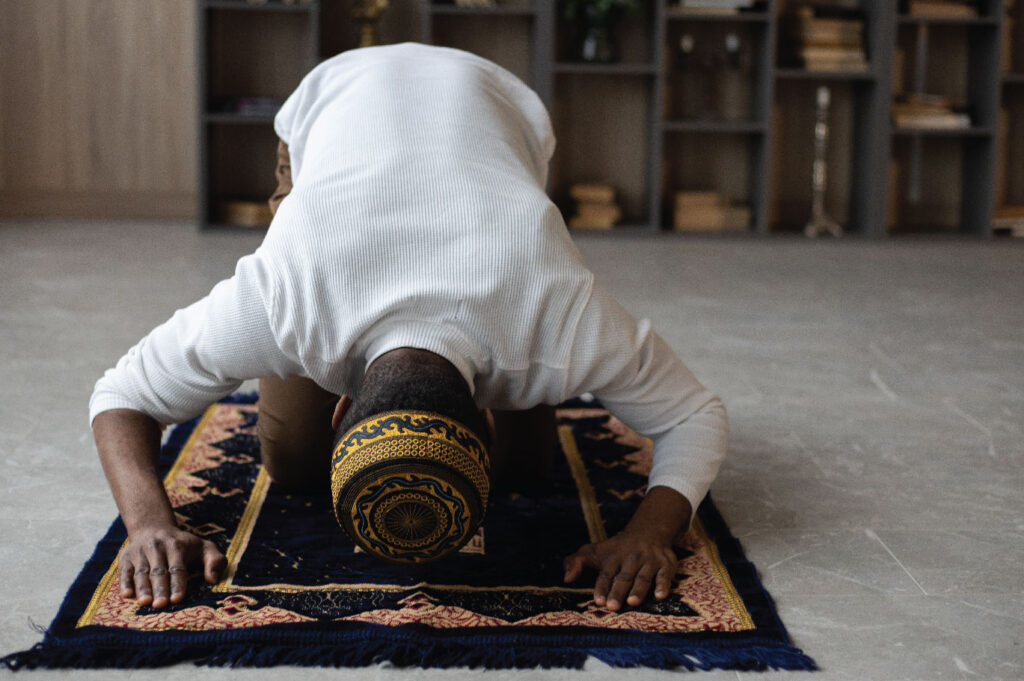The Tawhid Blog
Read, Learn & Grow, One Step at a Time
By Anzal Rafique - Est. Read Time: 3-4 mins
Navigating Mental Health in Ramadan
Address the psychological aspects of fasting, the potential stresses and anxieties that come with Ramadan’s…
Ramadan is a time of spiritual renewal and self-discipline, but it can also present challenges to mental and emotional health. The change in daily routines, coupled with the physical demands of fasting, can lead to stress, anxiety, and changes in mood. Acknowledging these psychological aspects is crucial for a balanced approach to Ramadan, ensuring that both spiritual and mental wellness are prioritized. Here are strategies to help maintain mental and emotional health during this sacred month:
Balancing Spiritual Goals with Self-Care
Set Realistic Goals
It’s important to have spiritual aspirations, but setting realistic and attainable goals can prevent feelings of inadequacy or stress. Acknowledge your limits and remember that Islam emphasizes moderation.
Manage Sleep Patterns
Changes in eating and prayer times can disrupt normal sleep patterns. Try to maintain a consistent sleep schedule, and consider short naps during the day to offset reduced nighttime sleep.
Meditation and Mindfulness
Engage in mindfulness practices or meditation to calm the mind and enhance spiritual reflection. Even a few minutes a day can have significant benefits for mental and emotional well-being.
Physical Activity
Light exercise, such as walking or stretching, can improve mood and energy levels. Schedule these activities during times when you feel most energized, such as after Iftar.
Nutrition and Hydration
Opt for balanced Suhoor and Iftar meals that include a variety of nutrients. Staying hydrated between Iftar and Suhoor is also critical for mental and physical health.
How Tawhid App Can Support Mental Health During Ramadan
The Tawhid app, designed to support Muslims in their spiritual and daily lives, can offer significant assistance in navigating mental health challenges during Ramadan. Here’s how it can help
Community Connection
The app can facilitate connections with like-minded Muslims who are also experiencing the highs and lows of Ramadan. Having a platform to share feelings, experiences, and personal coping strategies can be invaluable for mental well-being.
Daily Reflections
The app can provide research-based daily reflections focused on mental wellness, offering users insights and prompts to engage in self-reflection, identify stressors, and find peace in their spiritual journey.
Charity as a Coping Mechanism
Engaging in charitable acts through the app can provide a sense of purpose and fulfillment, combating feelings of stress
Maintaining mental and emotional health in Ramadan is as crucial as achieving spiritual growth. By integrating self-care practices, seeking support when needed, and potentially utilizing digital tools for additional support, Muslims can navigate the challenges of Ramadan, achieving a fulfilling and spiritually enriching month.


